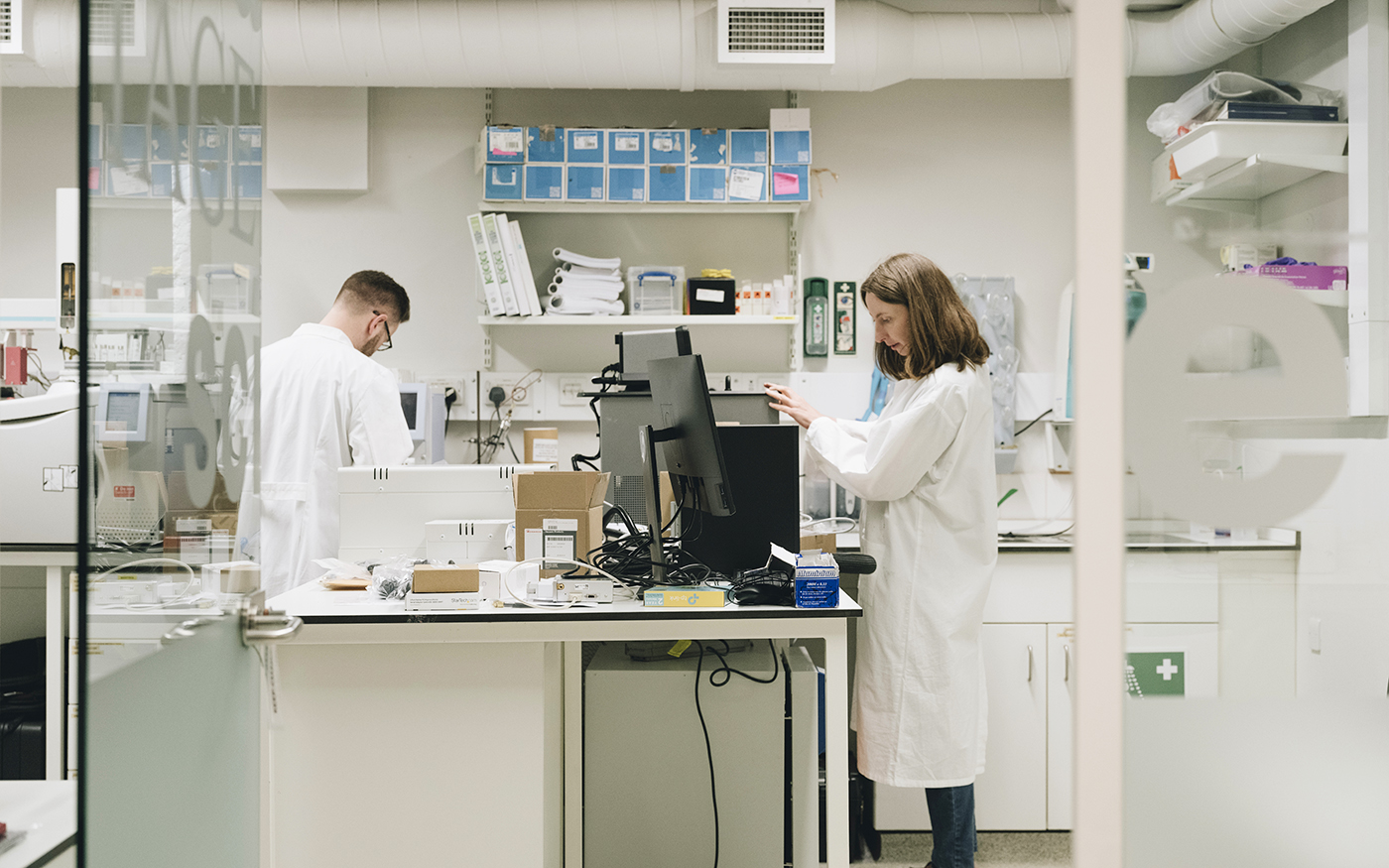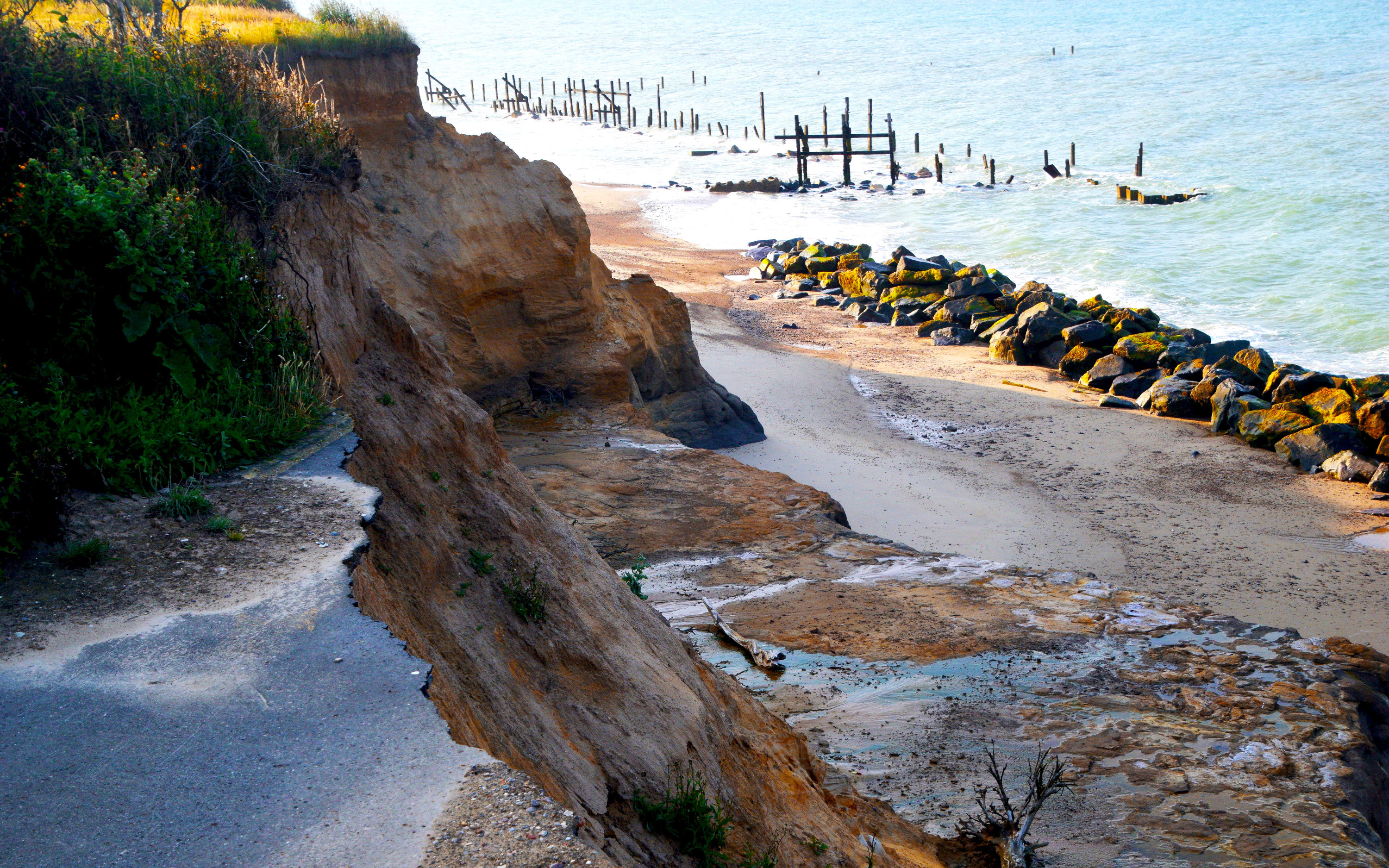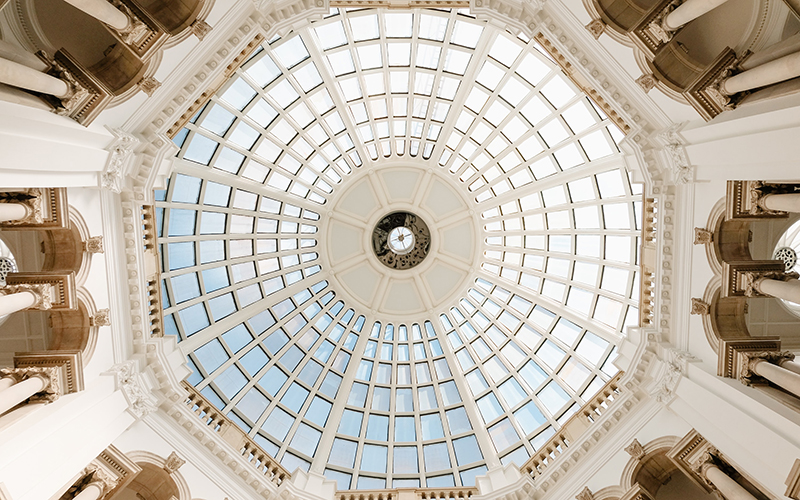Research
Our research spans subjects in the arts and humanities and the hard sciences. This means expertise is drawn from across many disciplines, not just within the Institute, but also from the BEAMS Heritage Science and Engineering Network, a community of experts in departments across UCL with an interest in cultural heritage work.
Our research is nationally and internationall recognised. In the latest national research assessment (REF 2021), we are number one for Research Power in the built environment, and 91% of our research has been deemed ‘World Leading’ and ‘Internationally Excellent’. The Smithsonian Institution has also described our Institute as "world-leading". The institute was awarded the Europa Nostra Grand Prix for Research – a highly regarded prize in the field of heritage science research - for our Noah's Ark project in 2010.
Themes
We have four major research themes, covering the multidisciplinary research interests and projects at the Institute. Information about which can be found below:
Facilities
The work of our staff and students is supported by our outstanding research and teaching facilities.
These include: our state-of-the-art Heritage Science Laboratory with over 100m2 of lab space for studying historic objects and environments, the unique research vehicle Mobile Heritage Lab enabling scientific research and engagement with the public and professionals alike, and most recently our Here East Heritage Science Laboratory located in the Queen Elizabeth Olympic Park with three spaces for imaging and other experimental work.
Impact
Our research informs our teaching, benefits the partners that we work with, and, aims to push forward knowledge and understanding within heritage and scientific communities. But there’s often a wider audience for our work.
To give the public a chance to learn about and evaluate our work work, we publish best practice case studies that demonstrate the impact of research projects we carry out.
Public engagement is an important part of our work. We have disseminated our research through newspaper articles, television, poetry, stand-up comedy, public lectures and participation in public events at institutions such as the British Museum and the British Library.
Project Directory

Our research projects engage with complex, real-world heritage issues that demand world-class research expertise from numerous disciplines. View our project directory to find out more.
View our full project directory
Our researchers
Our researchers make a vabluable contribution to identifying the problems facing cultural heritage today, and to devising sustainable solutions for the future.
 Close
Close




